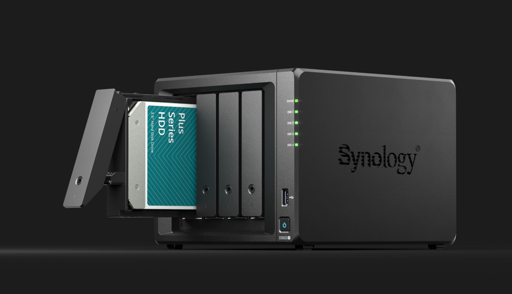Synology’s telegraphed moves toward a contained ecosystem and seemingly vertical integration are certain to rankle some of its biggest fans, who likely enjoy doing their own system building, shopping, and assembly for the perfect amount of storage. “Pro-sumers,” homelab enthusiasts, and those with just a lot of stuff to store at home, or in a small business, previously had a good reason to buy one Synology device every so many years, then stick into them whatever drives they happened to have or acquired at their desired prices. Synology’s stated needs for efficient support of drive arrays may be more defensible at the enterprise level, but as it gets closer to the home level, it suggests a different kind of optimization.



No, where am I supposed to sync the data to?
Another drive.
Edit: it’s the first line of the manpage: rsync – a fast, versatile, remote (and local) file-copying tool.
I don’t have another drive.
So by migration, you mean just using the same drive in another system? That’s potentially a major data loss moment. You at the very least should back everything up before you try to “migrate” without copying files.
I don’t use Synology, so I can’t speak to the exact process you need to follow. But I imagine it will require you to format your drive if it’s somehow locked into Synology’s system in order to use it with something else.
It’s likely similar to reinstalling a different OS. You have to back everything up and format the drive. It likely uses a different file system.
Yeah that’s what I thought 😞
To the new system you’re migrating to